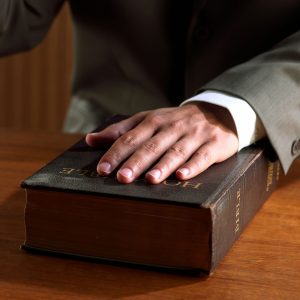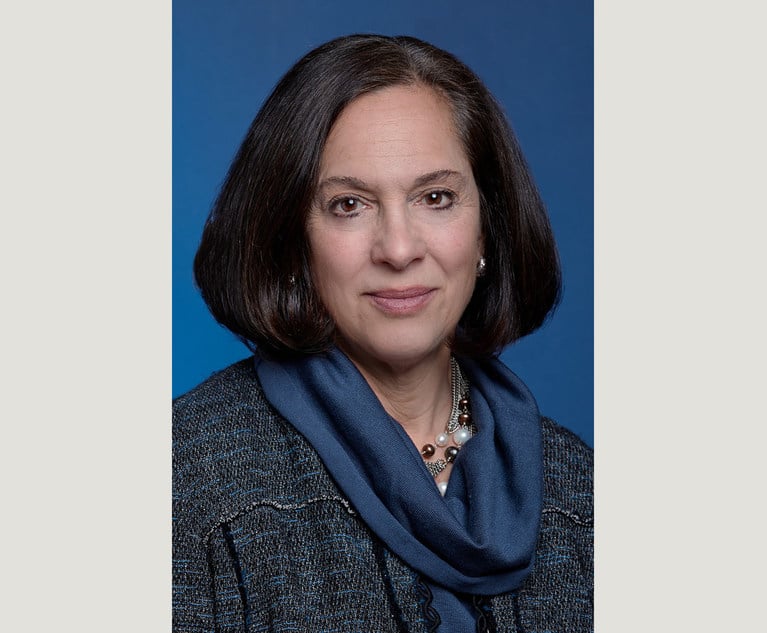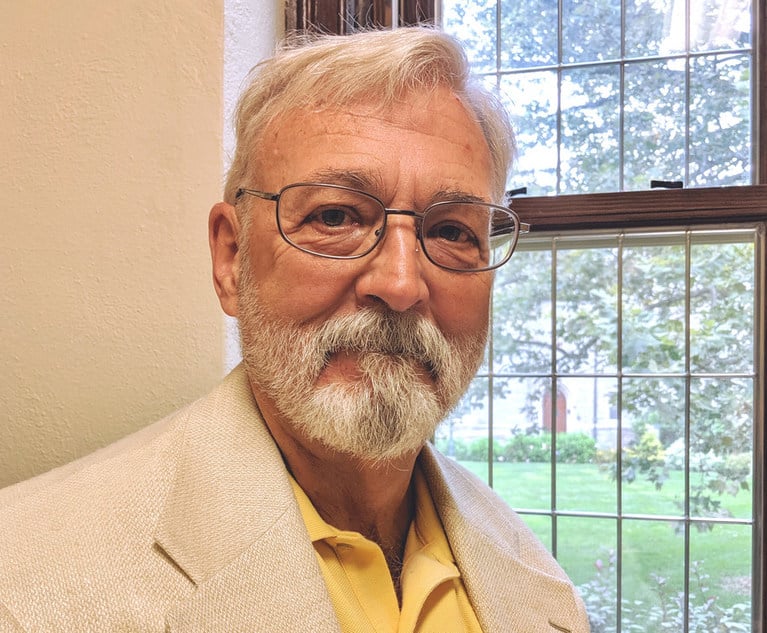 Here, the course of expert witnesses usually runs as follows: each side hires an expert, the experts’ names and opinions are disclosed, they are deposed, with time devoted to examining their notes, if any (which means that experts typically take no notes), and nothing else happens concerning the experts until trial. Then they are duly direct examined, cross-examined, redirect examined, and re-cross-examined on their opinions, all of which may take a day or more. This course is time-consuming and expensive, and 50 percent or more of the questions and answers typically do not assist the fact finder in deciding the case.
Here, the course of expert witnesses usually runs as follows: each side hires an expert, the experts’ names and opinions are disclosed, they are deposed, with time devoted to examining their notes, if any (which means that experts typically take no notes), and nothing else happens concerning the experts until trial. Then they are duly direct examined, cross-examined, redirect examined, and re-cross-examined on their opinions, all of which may take a day or more. This course is time-consuming and expensive, and 50 percent or more of the questions and answers typically do not assist the fact finder in deciding the case.
In England, the course usually runs as follows: each side hires an expert, the experts write separate reports that are disclosed, the experts then meet without the lawyers and prepare a joint report stating on what issues they now agree or still disagree. There are no depositions, or if there are, the experts’ notes are not examined, and then nothing happens until trial. Then the individual reports and the joint report are introduced, direct examination is waived, and the trial proceeds directly to cross-examination, which may take an hour, after which redirect examination is waived. This course is less time-consuming and expensive, and most of the questions and answers do assist the fact finder in deciding the case.




